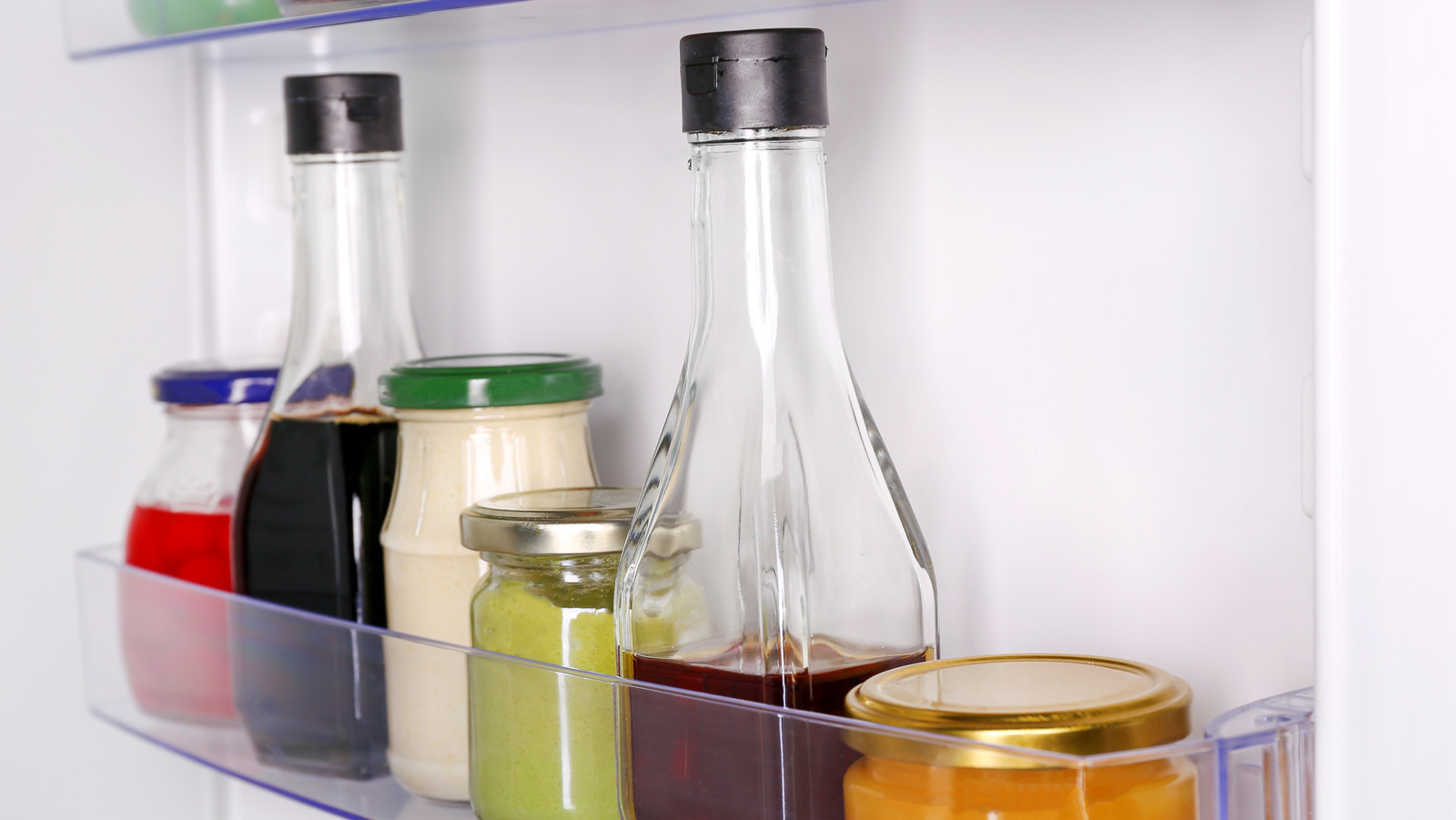Soy sauce is one of those essential ingredients that every home cook should keep on hand, as it's a ubiquitous addition to many Asian dishes. It also lends a salty, umami flavor to marinades, soups, and even . If you keep your opened soy sauce with your nonperishables in the pantry, you're not totally wrong.
However, you could be doing it a disservice in terms of flavor, aroma, and appearance, especially if you don't reach for the bottle all that often. As it turns out, most of us should be refrigerating our opened bottles of soy sauce, not keeping them in the pantry or on the counter. While most grocery store soy sauce does have the preservative sodium benzoate, if you aren't using enough soy sauce to go through a bottle per month, you should definitely be storing it in the refrigerator.

That's because soy sauce stored at room temperature can oxidize, and that negatively impacts its flavor. It's not a matter of safety, but flavor Soy sauce is made today much the same way it was centuries ago; it's just not done by hand any longer, except in rare cases. It comprises four main ingredients: soybeans, salt, water, and wheat.
In a nutshell, the soybeans get a water bath before being steamed, then mixed with roasted, crushed wheat, salt, and Aspergillus, a special mold that promotes fermentation. After aging for a few months (more expensive soy sauces are aged for much longer), it's refined, preservatives such as sodium benzoate are added, and it's bottled and sent to store shelve.























